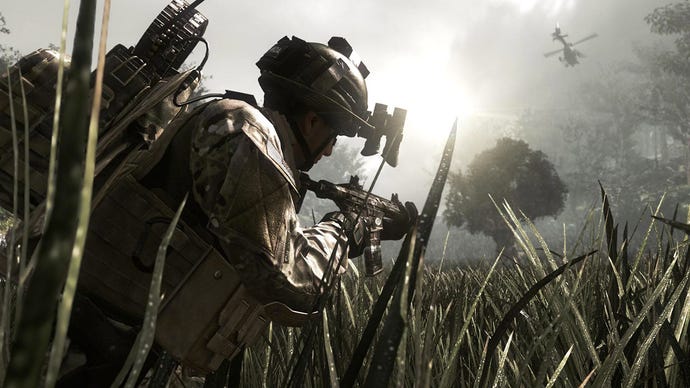WHO Gaming Disorder Classification Violates Cultural Freedom, South Korean Culture Ministry Says
Game agencies around the world react to WHO's gaming disorder decision.
This article first appeared on USgamer, a partner publication of VG247. Some content, such as this article, has been migrated to VG247 for posterity after USgamer's closure - but it has not been edited or further vetted by the VG247 team.
The World Health Organization (WHO) has added "gaming disorder" into the 11th revision of the International Classification of Diseases and Related Health Problems (ICD-11). Various trade organizations from around the world have come out against the WHO's decision, including government agencies like South Korea's Ministry of Culture.
The WHO describes 'gaming disorder' as "a pattern of behavior characterized by impaired control over gaming, increasing priority given to gaming over other activities to the extent that gaming takes precedence over other interests and daily activities, and continuation or escalation of gaming despite the occurrence of negative consequences."
The ESA has repeatedly come out against the WHO's definition of gaming disorder, citing past medical research on the topic. But North America's top video game trade body isn't the whole organization opposed to the WHO's decision over the weekend.
Seoul's Culture Ministry argued the WHO decision violated cultural freedom and came out against the classification, even as other governmental ministries in South Korea, including the Ministry of Welfare, welcomed the classification.
"We regret that our Ministry of Welfare joined the WHO meeting as our country representative agreed with making gaming addiction a disease," said Kang Kyong-seog, general director of the Korea Creative Content Agency's Game Division.
South Korea's video game trade organization, along with representatives from Europe, the United States, Canada, Australia, New Zealand, South Africa, and Brazil issued a statement opposing the WHO's gaming disorder classification.
"There is significant debate among medical and professionals about today's WHO action. We are concerned they reached their conclusion without the consensus of the academic community. The consequences of today's action could be far-reaching, unintended, and to the detriment of those in need of genuine help."
The statement was signed by the ESA, the Entertainment Software Association of Canada, the Interactive Games and Entertainment Association (Australia & New Zealand), the Ineteractive Software Federation of Europe, and UK Interactive Entertainment. The groups instead encourage moderation and parental controls for video games as a solution to some players over-indulging in games.
Japan, another major gaming power, has not issued any statements from its government regarding the WHO's classification. However, Sony's CEO Kenichiro Yoshida said last week that, "we need to take [gaming disorder] seriously and adopt countermeasures." Yoshida didn't elaborate what he meant by countermeasures to media outlets.
Without word from Japan's health or culture ministries, Yoshida's statement seemingly shows support for the WHO's decision from one of Japan's largest video game companies. The official classification for gaming disorder will go into effect on January 1, 2022.

